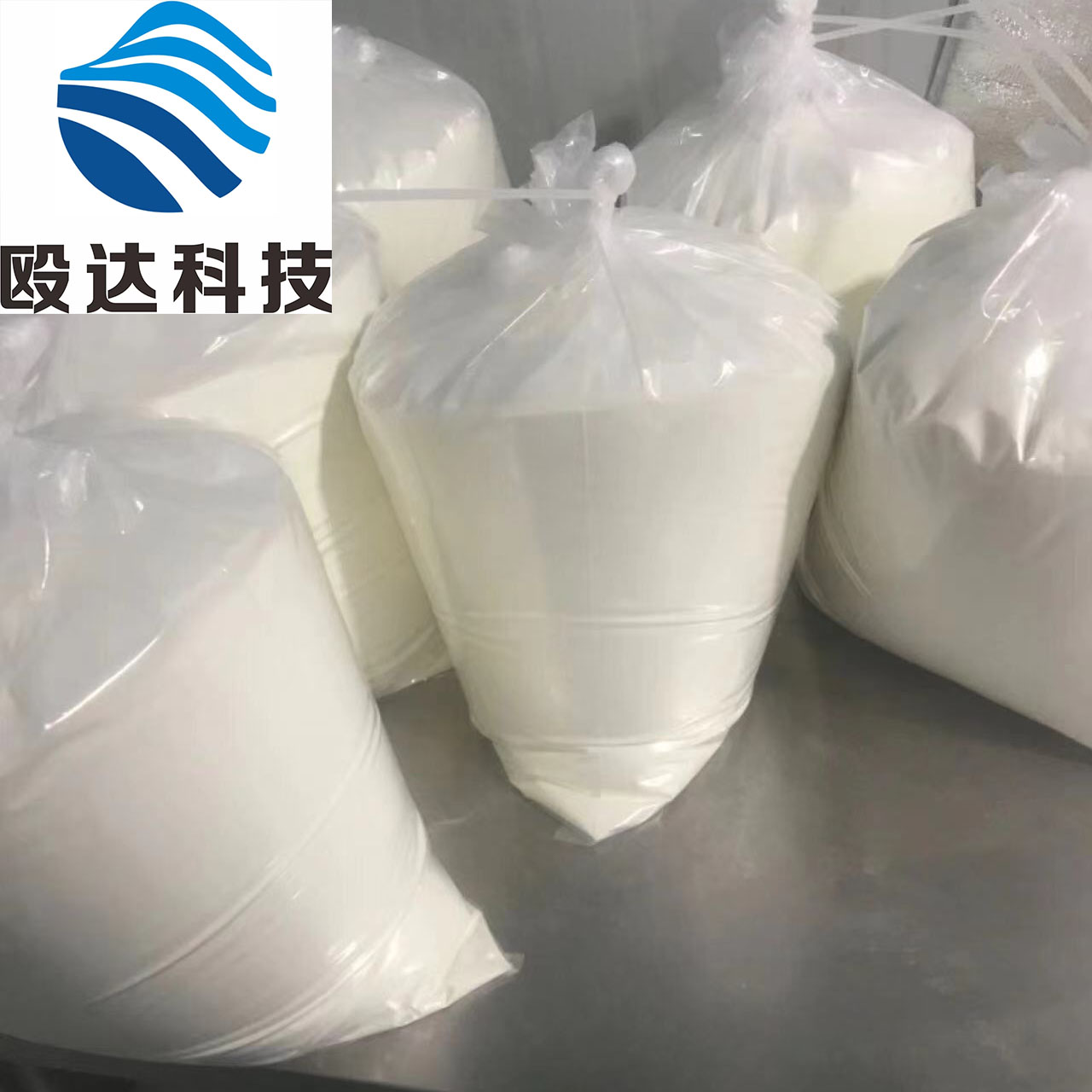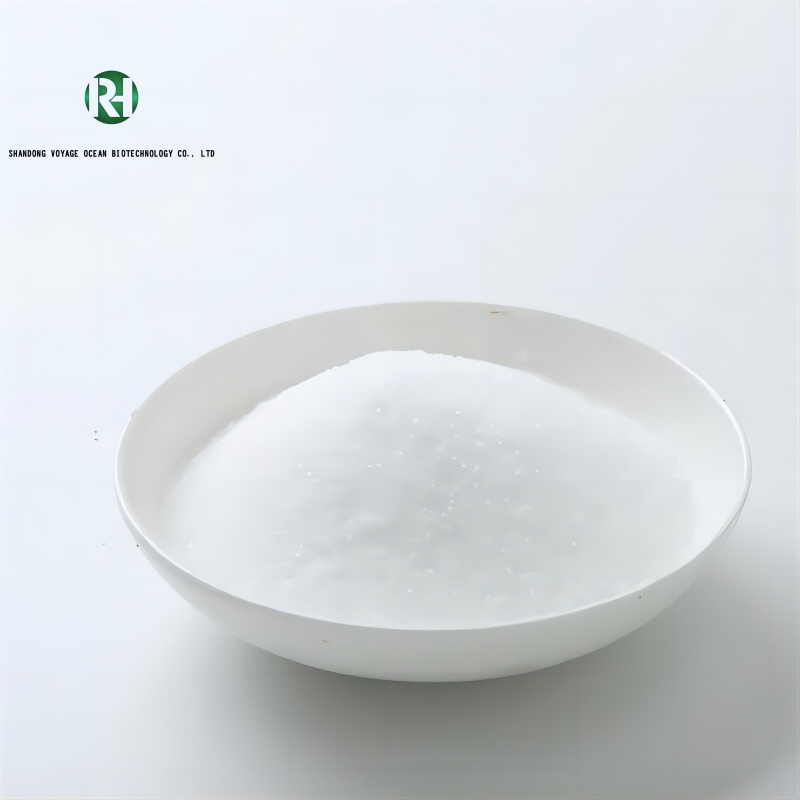Global pharmaceutical giants focus on research and development of new drugs with high incidence of fatal diseases in China
-
Last Update: 2017-07-07
-
Source: Internet
-
Author: User
Search more information of high quality chemicals, good prices and reliable suppliers, visit
www.echemi.com
[chinapharma.com international news] in recent years, China has a high incidence of fatal diseases It is reported that the world's major pharmaceutical companies are investing billions of dollars in research and development of new drugs, trying to overcome the high incidence of fatal diseases in China different from the West Novartis (NVS) is testing a drug molecule to treat a multiple head and neck tumor in southern China JNJ is also developing new drugs to treat China's high incidence of lung cancer and hepatitis B Although Sanofi (sNY) in France has encountered initial setbacks, it is still looking for a new way to treat liver cancer Liver cancer is also one of the common types of cancer in China Novartis is located in the R & D center in Shanghai Novartis invested $1 billion in 2009-2014 to transform an existing facility in Shanghai into a new R & D center These actions show that the world's major pharmaceutical companies have changed their old strategy of selling existing drugs to China with a population of more than 1 billion in the past decades, and they hope to further their business in China Western pharmaceutical companies have long struggled to gain a foothold in China, the world's second-largest drug market According to the statistics of the World Health Organization, lung cancer, liver cancer and gastric cancer are among the diseases with high mortality rate in China, and the number of patients who die from these three diseases exceeds 1 million every year Japan, South Korea and other countries also have hundreds of thousands of deaths each year due to the above diseases, which means that pharmaceutical companies can also sell drugs developed for China to neighboring markets In contrast, Alzheimer's and other types of dementia have a higher mortality rate in the United States The large number of patients in China has not yet met the demand for drugs, but this is not the reason why pharmaceutical companies develop new treatment methods Regulatory barriers make it difficult for foreign pharmaceutical companies to sell new drugs in China, mainly because they are developed overseas Several corruption scandals exposed in recent years have made it increasingly difficult for foreign pharmaceutical companies to sell used drugs in China In 2014, GlaxoSmithKline (GSK) was fined nearly $500 million by a Chinese court for bribery of doctors by the Chinese branch of the British pharmaceutical company Novartis last year agreed to pay a $25m fine to settle the SEC's alleged bribery charges against the company Western pharmaceutical companies have found that the lucrative Chinese market is moving away, so in recent years, they have shifted from introducing old drugs to developing new drugs locally Johnson & Johnson established a research and development laboratory in Shanghai in 2012, and is currently studying new drugs for the treatment of lung cancer, blood cancer and hepatitis B Unlike China, hepatitis C is more common in the United States The lab plans to conduct clinical trials of the breakthrough next year and expects to develop compound drugs through lung cancer or hepatitis B projects Novartis invested $1 billion in 2009-2014 to transform an existing facility in Shanghai into a new R & D center Last October, the company began clinical trials on local research and development achievements (a small molecule drug used to treat NPC) in patients in China and South Korea Li en, head of Novartis China R & D team, said they would soon conduct clinical trials on another compound drug for cirrhosis His team of 600 scientists is also working on at least a dozen projects aimed at developing new drugs for diseases such as liver cancer and stomach cancer Until a few years ago, China was short of human resources for drug research and development But with the support of government programs, thousands of Chinese scientists who have studied in the West have returned to work in the past decade, prompting large pharmaceutical companies to deepen research Vikram Kapur, head of Asia healthcare practice at Bain & Co., said that just as western pharmaceutical companies have long commissioned Chinese factories to manufacture drugs at low prices, the cost of drug research and development in China is also much lower, which means that large pharmaceutical companies will increasingly use Chinese laboratories to promote global research and development plans Johnson & Johnson and Novartis said the drugs they developed were mainly aimed at China, but they would also be tested on Western patients so that they could be sold in the western market when needed Lung cancer is common in Britain and the United States, for example Of course, not every drug program has its own benefits Alex Zhang, who is in charge of Sanofi's research and development activities in China, said that about three years ago, the company was ready to test a new drug molecule for the treatment of liver cancer, but it did not wait for clinical trials to be put on hold There is a great risk of testing drugs in humans, and the possibility of failure is greater than the possibility of success According to the biotechnology innovation organization, only one in ten of the drugs tested in the United States in 2006-2015 will finally be on the market There is a great risk of testing drugs in humans, and the possibility of failure is greater than the possibility of success According to the biotechnology innovation organization, only one in ten of the drugs tested in the United States in 2006-2015 will finally be on the market Sanofi does not develop new molecular drugs in its own laboratory, but establishes a cooperative relationship with the Chinese academic community Zhang Yu said that the company is carrying out about 10 projects with China University, focusing on finding treatment schemes for liver cancer, hepatitis B and diabetes These collaborations are still at an early stage, and he expects no results in two years AstraZeneca (Azn), a British company, has also joined the ranks of Chinese universities in developing new drugs to treat diseases such as gastric cancer and chronic kidney disease Drugs that meet a large number of clinical requirements are more likely to be included in the scope of government reimbursement, making patients more able to afford these expensive drugs, and making them more difficult for doctors to ignore Local start-ups in China are not far behind Hutchison China Meditech, a Hong Kong billionaire owned by Li Ka Shing, has been approved in mainland China to produce its first drug, a compound for colorectal cancer Trials to use the drug in the treatment of lung and stomach cancer are also planned Christian Hogg, chief executive of Hehuang China Pharmaceutical Technology, said it is important that both large pharmaceutical companies and start-ups like Hehuang China Pharmaceutical are developing drugs specifically for Chinese patients, and patients are winners.
This article is an English version of an article which is originally in the Chinese language on echemi.com and is provided for information purposes only.
This website makes no representation or warranty of any kind, either expressed or implied, as to the accuracy, completeness ownership or reliability of
the article or any translations thereof. If you have any concerns or complaints relating to the article, please send an email, providing a detailed
description of the concern or complaint, to
service@echemi.com. A staff member will contact you within 5 working days. Once verified, infringing content
will be removed immediately.







